RSPCA advises people what to do if they see a baby bird out of its nest
The RSPCA is ready for a record-breaking number of animal lovers seeking guidance on how they can help when they find a baby bird outside their nest – with clicks to the charity’s website set to surge.
As the peak ‘baby bird’ season of May and June approaches, new RSPCA data reveals that last year, there were 30,865 hits to its baby bird advice webpage in just two months, with 13,468 in May rising to a huge 17,397 visits in June. This equates to almost 500 people every day seeking guidance on how they could help baby birds during those two peak months.
While online guidance now dominates, the RSPCA has also taken nearly 19,000 calls across England and Wales (1,563 of these solely in Wales) about baby birds from the public since the beginning of 2021 – the majority of which come in during the peak months.
Counties in Wales with the highest numbers of reports and requests for guidance were Cardiff (249), Conwy (133), Swansea (129) and Denbighshire (122).
However, the best way people can help baby birds is by heading to the RSPCA’s website for advice – and tens of thousands are expected to do so in the coming months.
How the RSPCA advises people to help these baby birds out of the nest depends on the age of the animal and whether they are a nestling or fledgling – meaning whether a little bird’s feathers have grown yet.
The general rules are:
-
Nestlings (no feathers) – Re-nest if possible: With few or no feathers, nestlings won’t survive long outside the nest, so where possible, put them back in the nest and leave them in the wild. If they may be injured, please take them to a vet.
-
Fledglings (have feathers) – Don’t disturb. It’s normal for fledglings to be on the ground as they may leave the nest before they can fly. Parents are usually nearby and feeding the bird. If they may be injured, please take them to a vet.
RSPCA scientific officer Rebecca Machin said: “It’s wonderful that so many people want to do the best for our wild birds, particularly if a baby bird has been found out of its nest.
“And it’s great that tens of thousands of people are following our online guidance on how to help – rather than calling us – as this is usually the best and fastest way to help them. While in many cases, the advice will be that there’s no need to intervene, especially if the bird is a fledgling, it’s great to have so many people showing they are for every kind by looking out for these baby birds.
“But if action does need to be taken, then every time a wild animal is helped by the public it frees up our vital specialist rescuers to reach animals suffering heartbreaking cruelty and neglect, a job no other charity does.”
Nature conservation charity the Royal Society for the Protection of Birds (RSPB) provides more detailed advice.
RSPB spokesperson Emma Horton said “Every year we get hundreds of calls from caring members of the public about baby birds out of the nest. But for most species of baby birds, providing they’re not sick or injured and are fully feathered, this is perfectly normal and it’s usually in their best interest to leave them be. This flightless period is a natural part of the bird’s development.
“Baby birds intentionally leave the nest before they can fly and may appear like they need rescuing. However, give it a few days to a week and they’ll have finished growing their final flight feathers and be on their way.
“A common worry is that the baby bird is not being fed by the parents. However, parents invest heavily in their young and it is very rare for them to abandon fledglings. Usually parents are nearby and may even be waiting for people to leave before they feel safe to come back with the youngster’s next meal.
“Birds take far better care of their young than humans can, and taking baby birds into captivity unnecessarily can dramatically reduce their chances of long-term survival. So if you find a baby bird and you’re worried, we’d recommend following the advice on the RSPCA website”.
The RSPB is the UK’s largest nature conservation charity and does not have the expertise or facilities to rescue sick, injured or orphaned birds. You can read more about the differences between animal welfare and conservation organisations, and why it’s important to ensure you contact the correct organisation in the RSPCA/RSPB joint blog: here.
More detailed advice from the RSPCA on how to help baby birds includes:
How you can help nestlings
-
Nestlings have no feathers, or only a few, and are more likely to need help. They won’t survive long outside the protection of the nest
-
Where possible nestlings should be placed back in the nest (make sure it’s the right one) and left in the wild so their parents can keep caring for them – wear gloves and wash your hands afterwards*.
-
If you still have concerns visit our website for more information about how to contact your local vet or wildlife centre.
How you can help fledglings
-
If they have all or most of their feathers, they are likely to be a fledgling.
-
It’s normal to see them on the ground, as they leave the nest just before they can fly.
-
Unless they’re sick or injured, leave the fledgling alone and monitor it from a distance for at least two hours, as the parents are usually nearby and feeding the bird.
-
If they’re in immediate danger, place them in a sheltered spot a short distance away.
-
Even if you have already confined a healthy fledgling, you may still be able to return them to their parents.
-
Keep your pets, and other people if possible, away from them.
This advice applies to most garden birds. However, the RSPCA’s advice is different for birds such as ducks, geese and swans; swallows, martins and swifts; birds of prey; gulls; and the crow family. The animal welfare charity publishes advice for these birds on its website.
*Bird flu – or avian influenza – is still a problem across the British Isles, particularly affecting waterfowl, gulls and birds of prey. Although the disease is considered less of a problem in garden bird populations, the advice remains to avoid handling adult birds if possible. Please follow the latest government advice.
If baby garden birds need to be handled, people should always wear gloves and wash their hands thoroughly immediately afterwards to reduce the risks of disease transmission.
The RSPCA urgently needs more people to help every kind of animal. We have produced some quick and easy tools at rspca.org.uk/adviceandwelfare/wildlife to support people to get wildlife the help they need as quickly as possible.
As the RSPCA celebrates its 200th year, the charity is aiming to create a one million-strong movement for animal welfare. By becoming an RSPCA Wildlife Friend, animal lovers can join with their community to make a safe space for the animals who share our world.

| [donate]
| Help keep news FREE for our readersSupporting your local community newspaper/online news outlet is crucial now more than ever. If you believe in independent journalism,then consider making a valuable contribution by making a one-time or monthly donation. We operate in rural areas where providing unbiased news can be challenging. |
















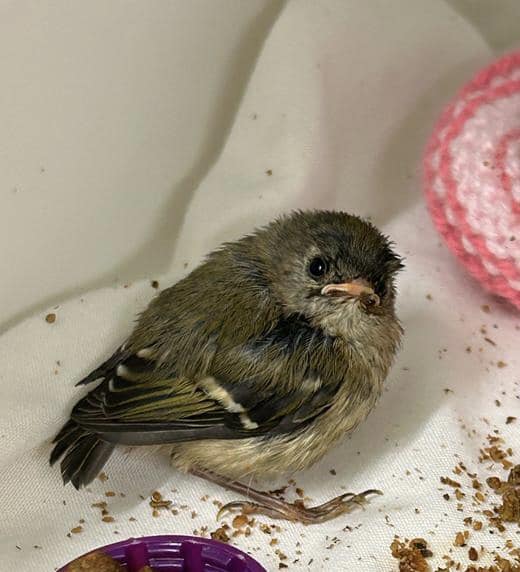
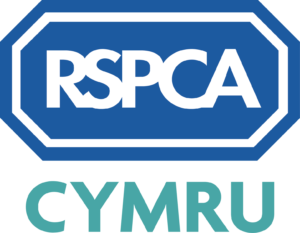
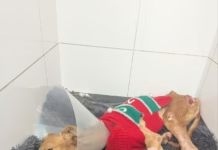
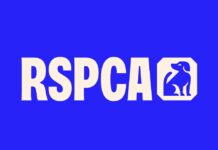
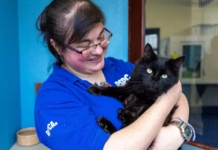
A thrush has nested in one of my sheds,I’ve left her to it and not gone near that shed